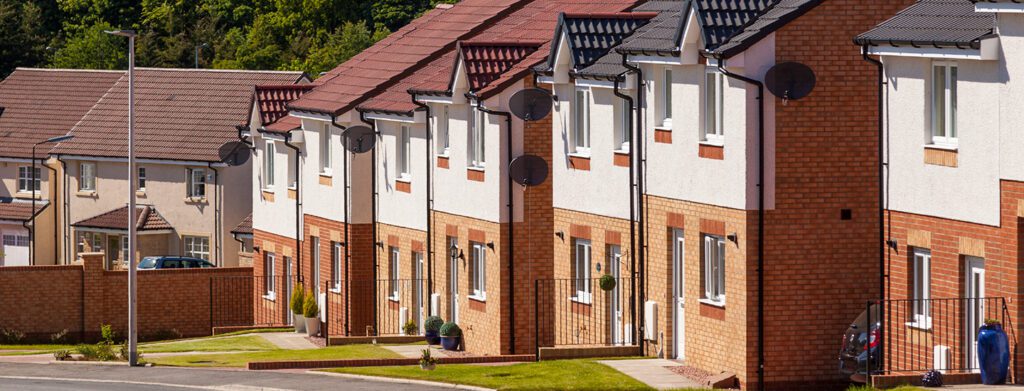
The Government’s high profile Starter Homes programme is under scrutiny, and there are aspects which have been called into question.
The Starter Homes initiative was launched in early 2015. Initially it took the form of an exception site planning policy that house builders should be able to develop under-used or unviable brownfield land as Starter Homes, provided the homes were offered at a 20% discount to first time buyers under the age of 40.
The introduction in the Housing and Planning Bill 2015-2016 of a general duty on all local planning authorities (LPAs) in England to promote the supply of Starter Homes means that the initiative is now far more significant. It has switched from being a way of re-using redundant or problematic industrial and commercial sites, to becoming a product that will make its way onto every significant housing site in the country.
This has been followed by the Government’s key proposal, currently under consultation, to expand the National Planning Policy Framework (NPPF) definition of affordable housing, to encompass more options for renters and buyers, including products such as discount market sales or “innovative rent to buy housing”. Some of the new products may not be restricted by an “in perpetuity” or recycled subsidy requirement. The effect of these changes to the NPPF would be to bring Starter Homes within the planning definition of affordable housing.
A controversial element of the current proposals is that Starter Homes, which are required to be available at a 20% discount to first time buyers under 40, are proposed to be capable of being sold on at full market rates after five years. The Local Government Association (LGA), which represents local councils, is calling for the discounts to benefit future owners, rather than handing one group of current buyers a windfall at the expense of future generations.
Another key concern is that Starter Homes may be out of reach and unaffordable for a large proportion of those who are classified as needing affordable housing. The discounted prices will be capped at £450,000 in London and £250,000 elsewhere. In this regard analysis by Savills for the LGA indicates that discounted Starter Homes prices will be out of reach for all people in need of affordable housing in 220 council areas (67 per cent).
The 20% discount for new buyers would be funded by exempting developers from paying section 106 contributions towards affordable rented housing and Community Infrastructure Levy contributions. In its own analysis, the Government has suggested that should 100,000 Starter Homes be built through the planning system, between 56,000 and 71,000 social and affordable rented homes would not be built.
The LGA is urging the House of Lords to back amendments to the forthcoming Housing and Planning Bill allowing councils to have a mix of affordable homes based on local need, given that millions of people remain on the lists for social housing.
The consultation process is ongoing and the scale and impact of these proposed changes is therefore under review. For sure, these changes would introduce a further unknown into the world of development risk, and unknowns are often addressed in price adjustment provisions. We are used to seeing price adjustments in land acquisition contracts linked to the overall level of affordable housing. Going forward developers and landowners may have to consider price arrangements which are potentially linked to the relative proportions of Starter Homes and affordable rented housing.
For more information please contact Lucy Smallwood on lucy.smallwood@michelmores.com or 01392 687555
The Michelmores Property Awards celebrate the best property, development and construction projects in the South West, bringing together all those who contribute to the region’s...